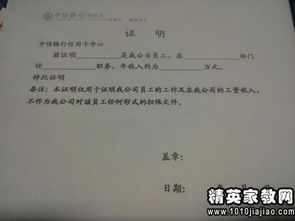Understanding Legal Translation: Key Concepts and Considerations
Legal translation is a specialized field that requires precision, accuracy, and a deep understanding of both legal terminology and linguistic nuances. Whether you're translating contracts, court documents, or other legal texts, it's essential to approach the task with care to ensure the integrity of the legal content is preserved. In this guide, we'll explore key concepts and considerations in legal translation.

1. Linguistic Accuracy:
Terminology Consistency:
Legal documents often contain specific terminology that must be translated consistently throughout the text. Translators should create a glossary to ensure consistency.
Linguistic Nuances:
Legal language can vary greatly between different legal systems. Translators must understand these nuances and accurately convey them in the target language. 2. Legal Knowledge:
Understanding Legal Systems:
Translators need a solid understanding of both the source and target legal systems to accurately translate legal concepts and principles.
Research Skills:
Legal translators must conduct thorough research to ensure they fully understand the legal concepts and terminology they are translating. 3. Cultural Sensitivity:
Cultural Differences:
Legal concepts and norms can vary significantly between cultures. Translators must be sensitive to these differences and adapt their translations accordingly.
Localisation:
Translators may need to localize legal content to make it culturally appropriate for the target audience while preserving its legal meaning. 4. Confidentiality and Professionalism:
Confidentiality:
Legal documents often contain sensitive information. Translators must adhere to strict confidentiality standards to protect client confidentiality.
Professionalism:
Legal translators must maintain a high level of professionalism and accuracy in their work to ensure the integrity of the legal documents they translate. 5. Certification and Accreditation:
Certified Translations:
In many cases, legal translations require certification to be legally valid. Translators may need to obtain certification or accreditation from relevant authorities.
Specialized Training:
Pursuing specialized training in legal translation can enhance a translator's skills and credibility in the field. 6. Technology and Tools:
Translation Software:
Computerassisted translation (CAT) tools can aid legal translators in ensuring consistency and efficiency in their translations.
Machine Translation:
While machine translation can be a useful tool, it should be used with caution in legal translation due to the complexity and sensitivity of legal texts. 7. Quality Assurance:
Proofreading and Editing:
Thorough proofreading and editing are essential to ensure the accuracy and quality of legal translations.
Review Process:
Legal translations may undergo a review process by legal experts to verify their accuracy and integrity.Conclusion:
Legal translation requires a unique blend of linguistic expertise, legal knowledge, and cultural sensitivity. By adhering to best practices and considerations outlined in this guide, translators can ensure accurate and reliable translations of legal documents that preserve the integrity of the original content while meeting the needs of the target audience.











